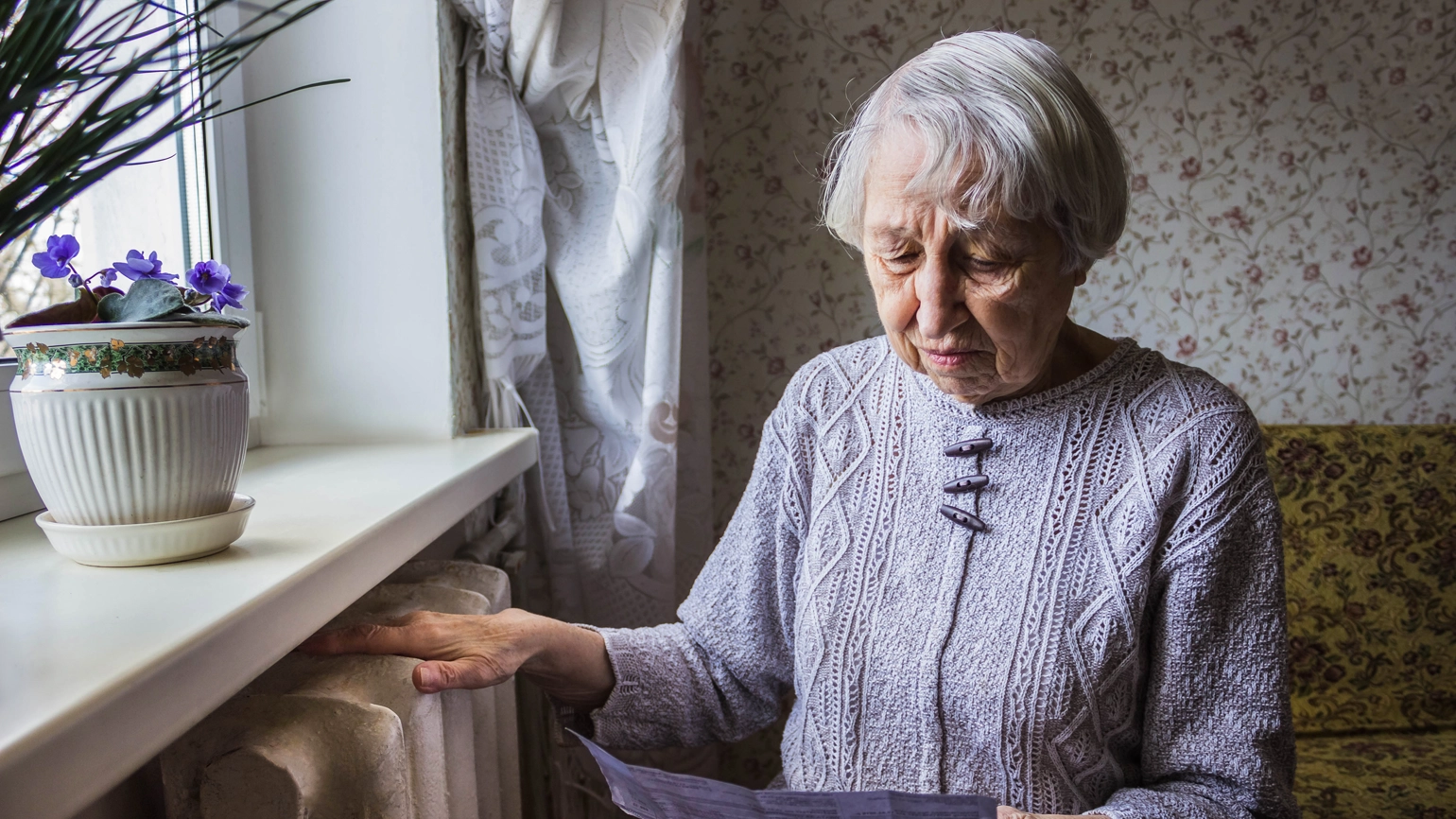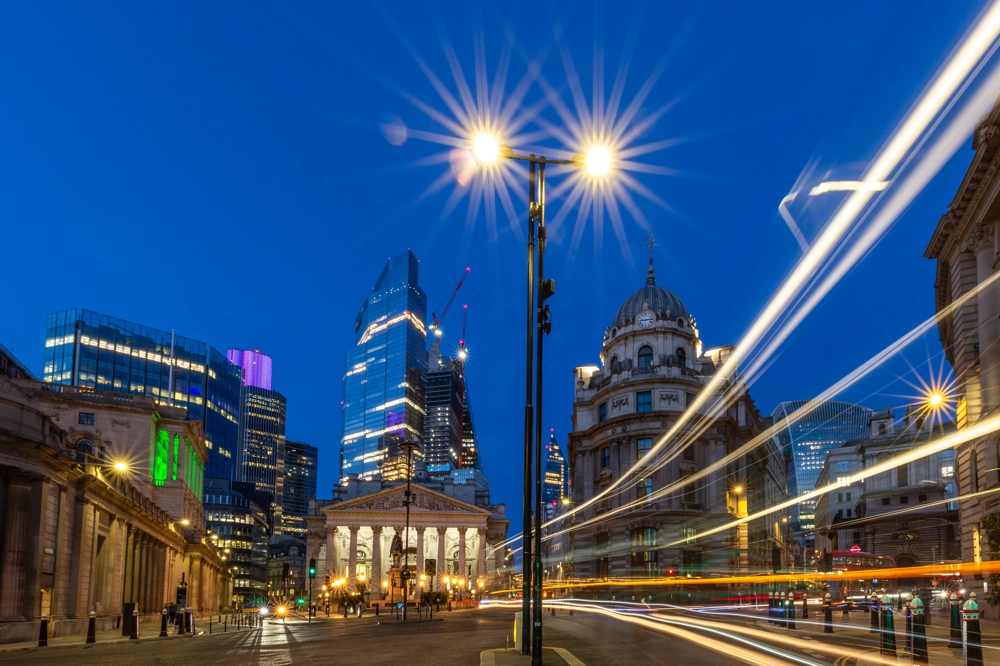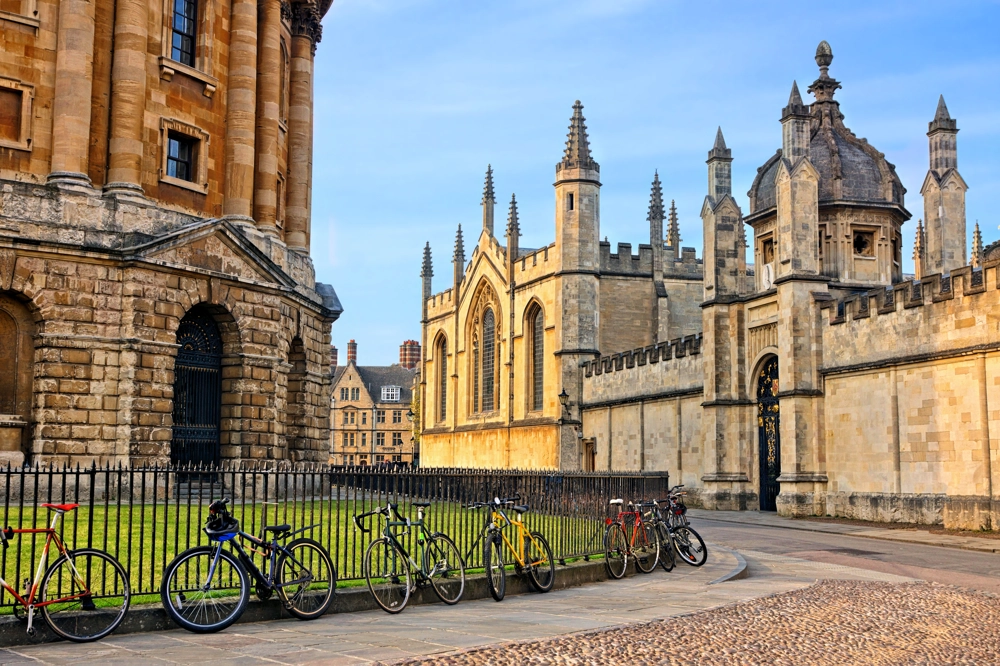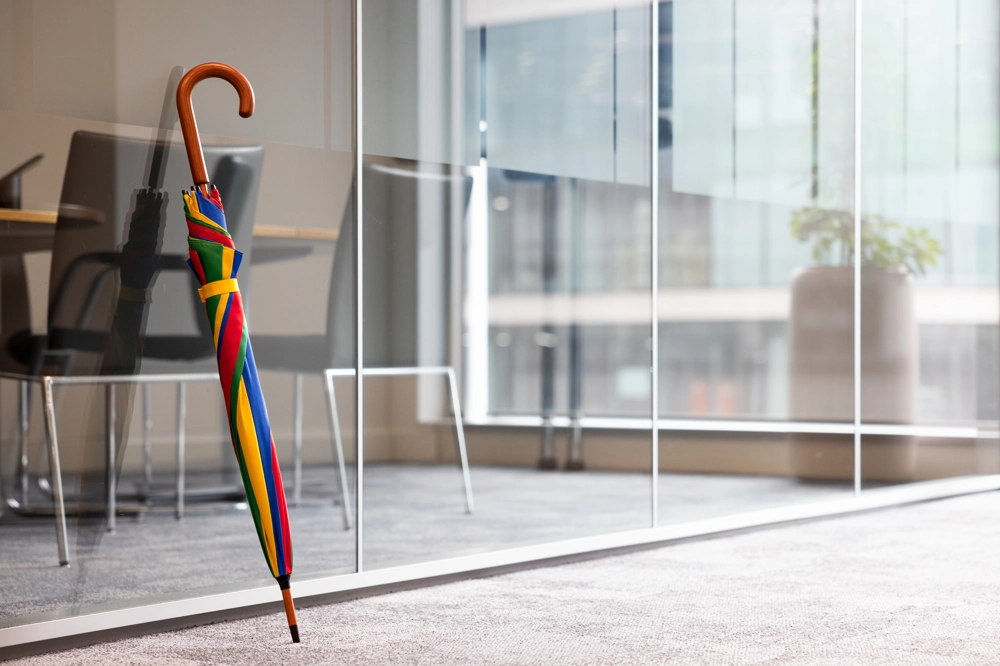Safeguarding financial futures
As a leading UK provider of retirement and protection solutions, we support our policyholders and workplace members throughout their lifelong financial journeys. That helps them build resilience throughout their lifetimes and make more informed decisions that lead to better retirements.
- ...







